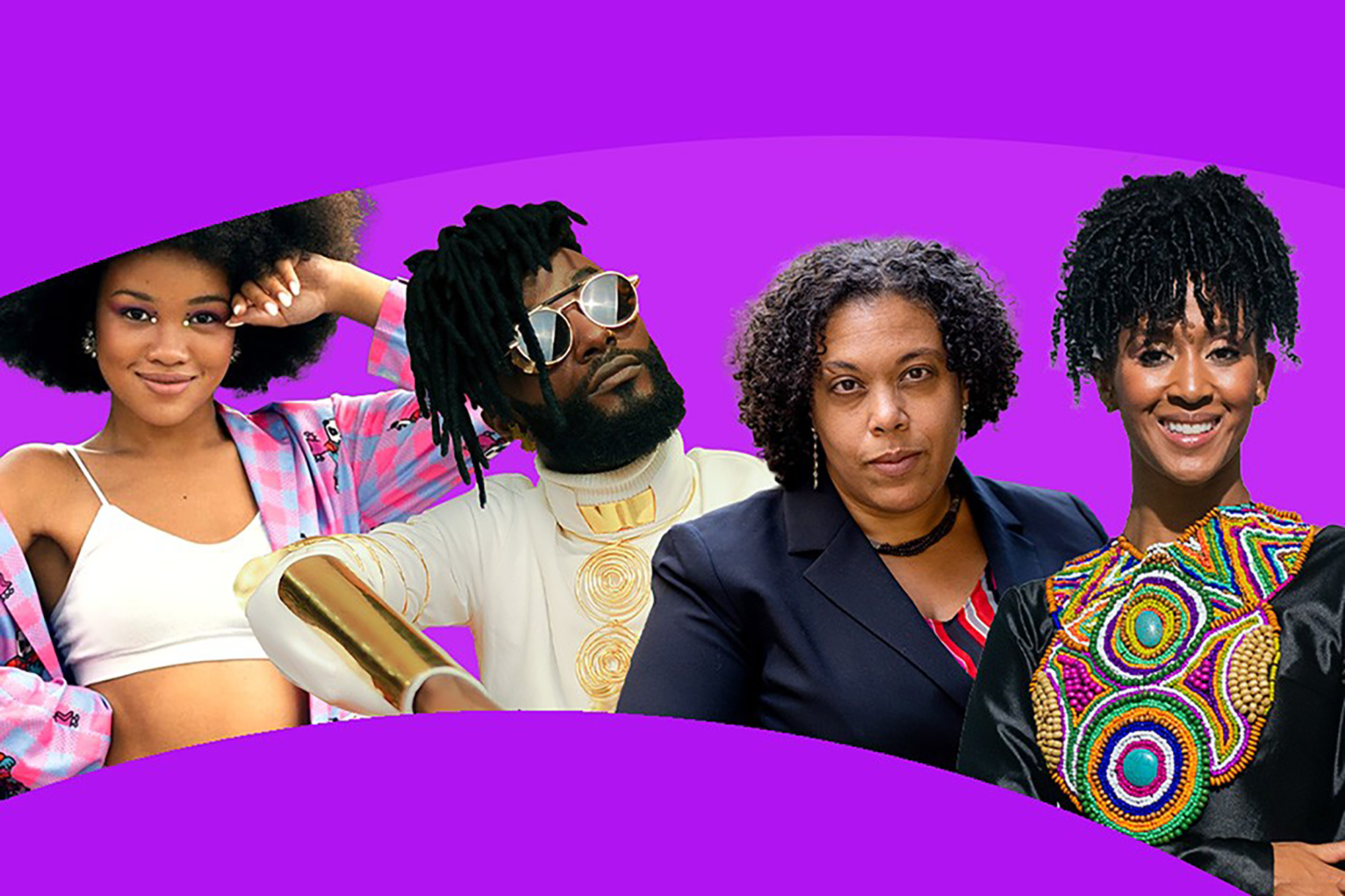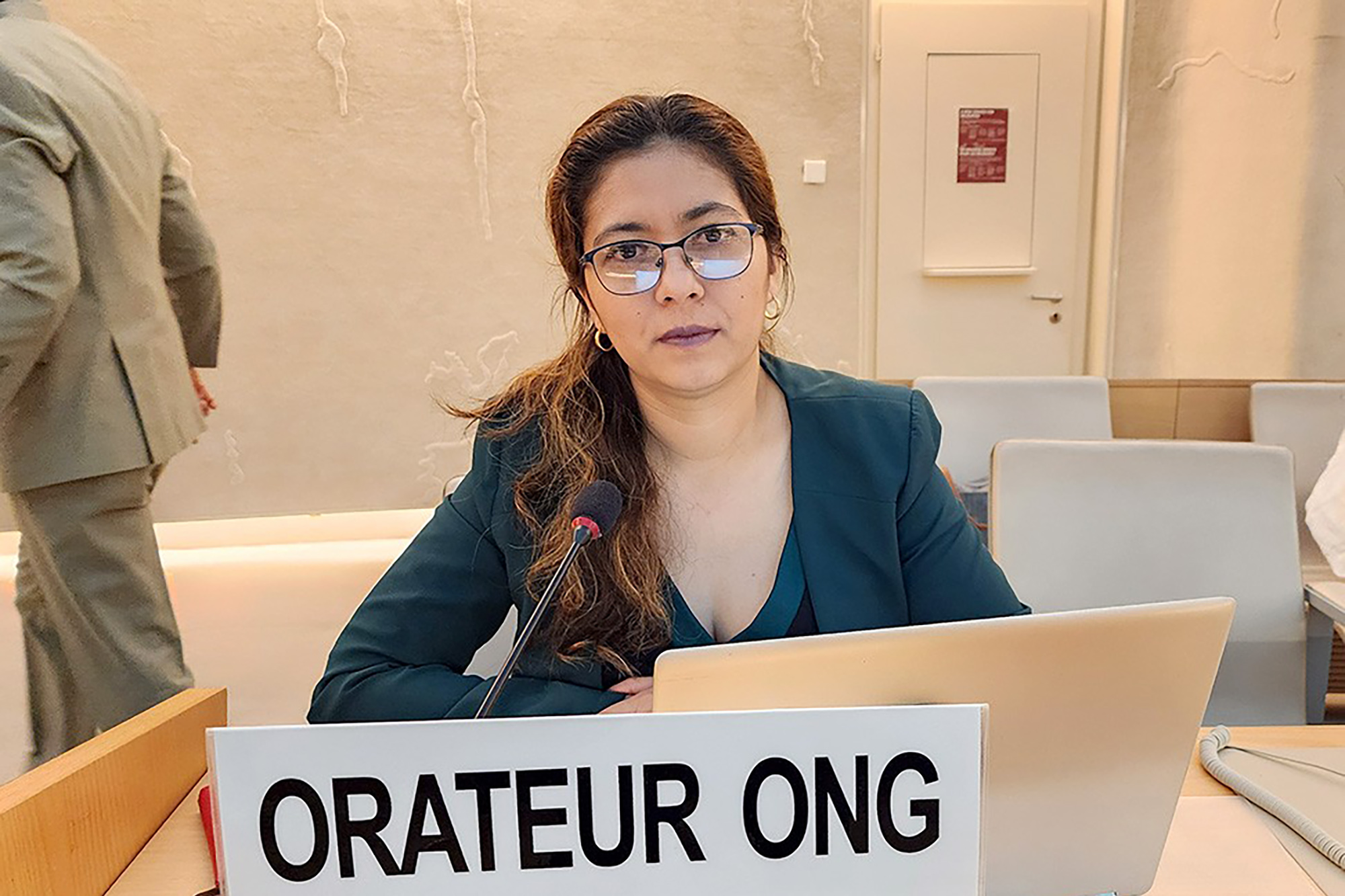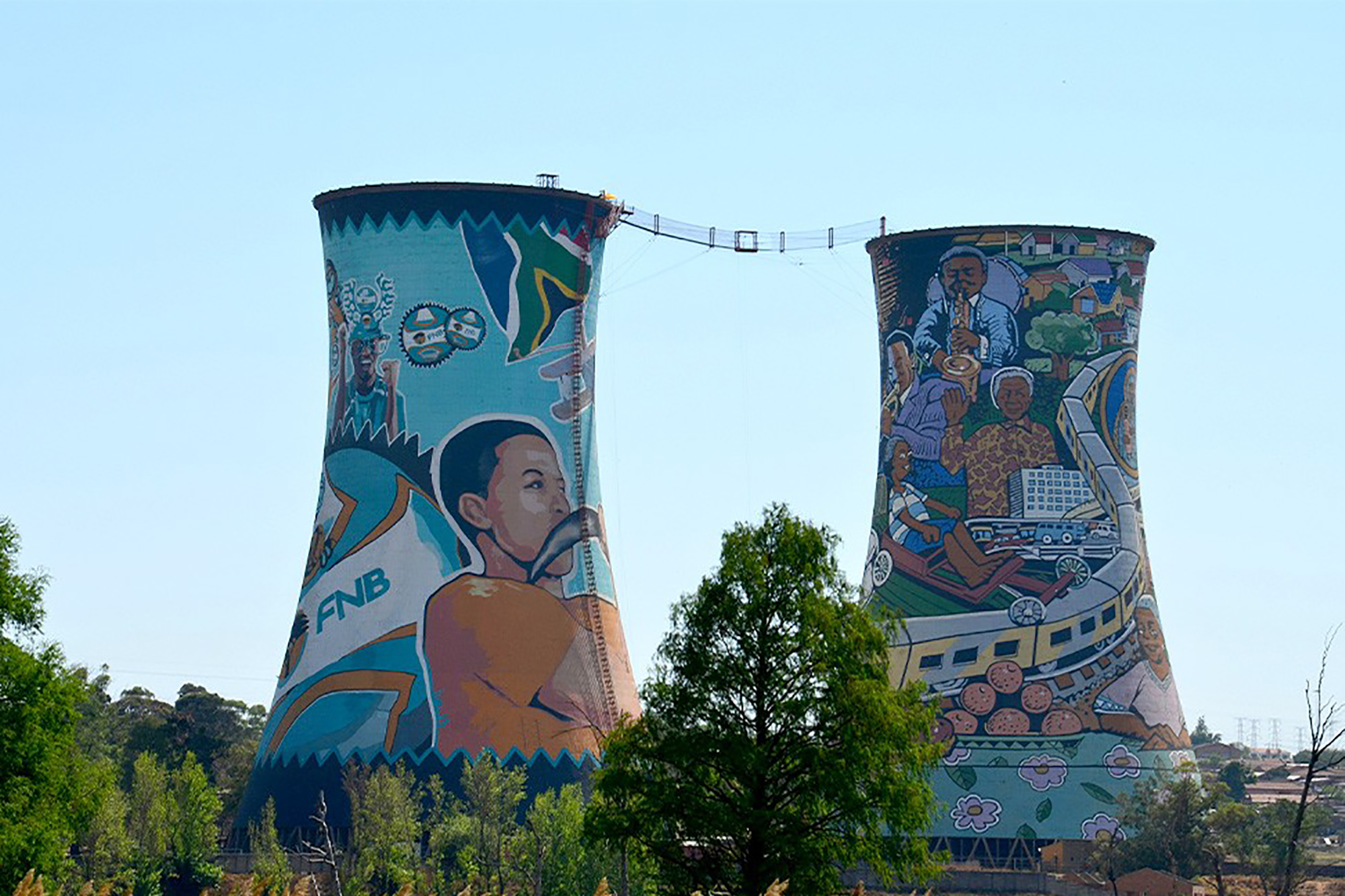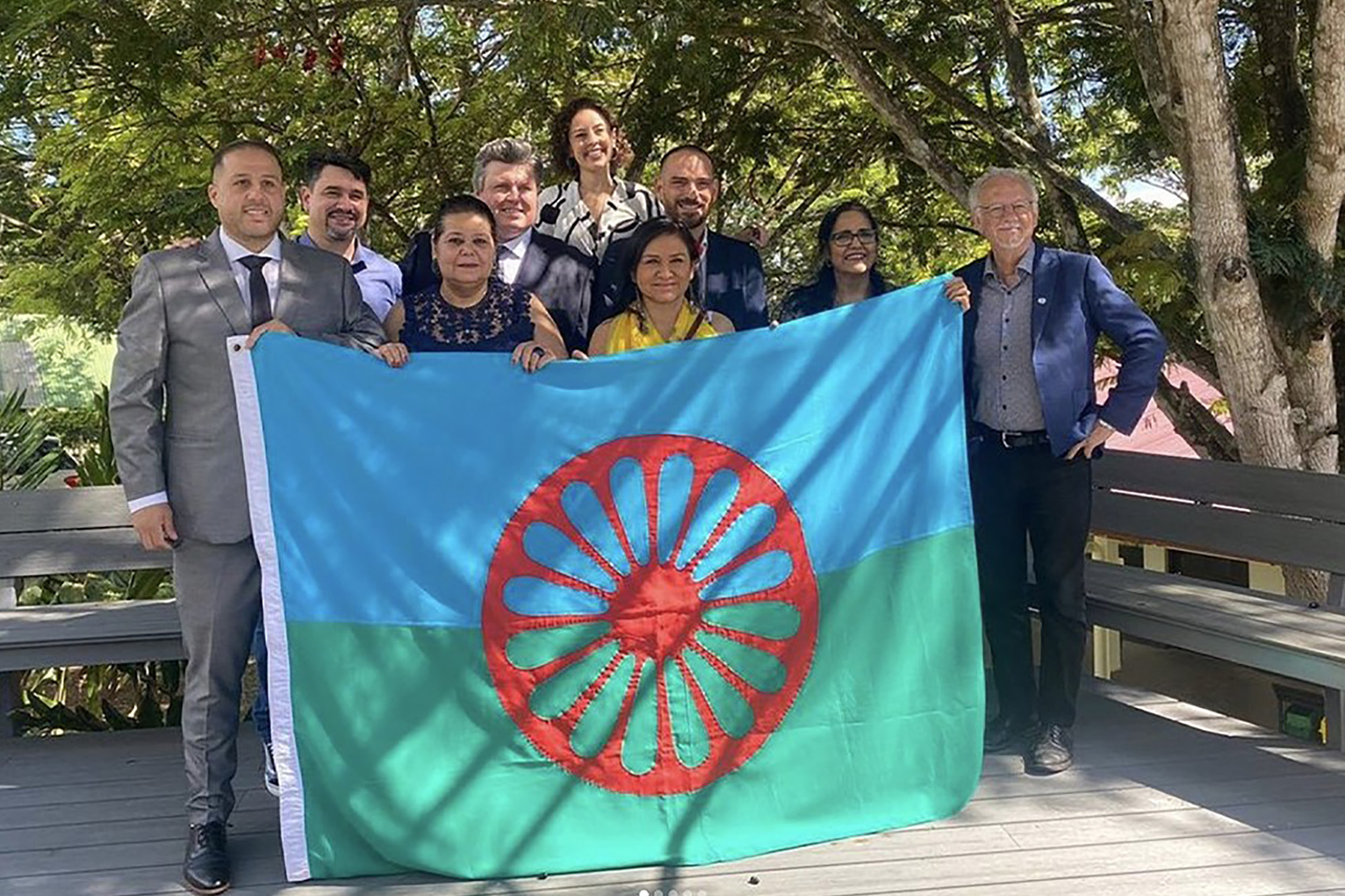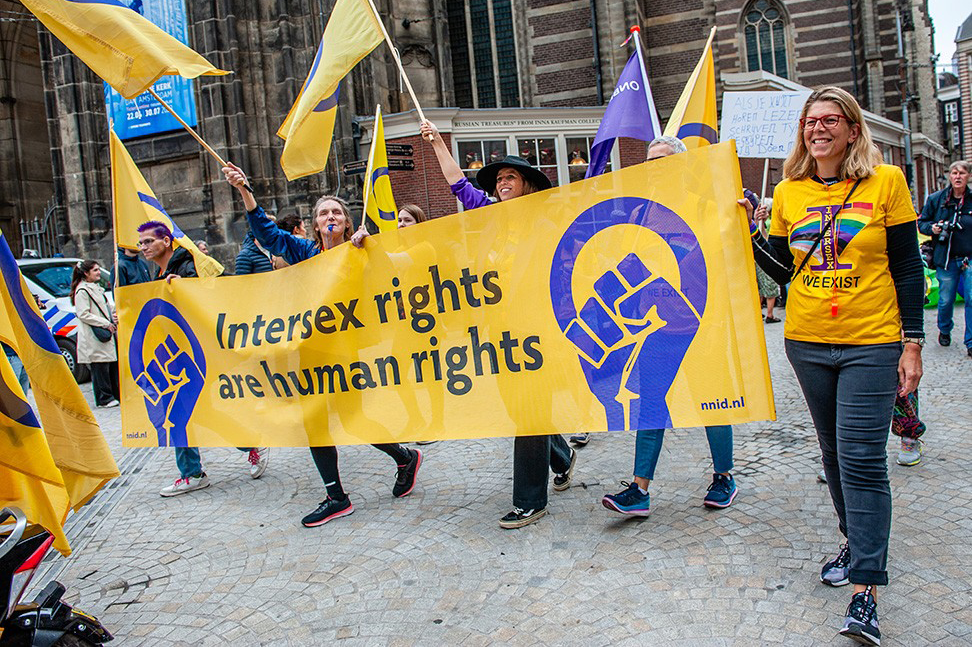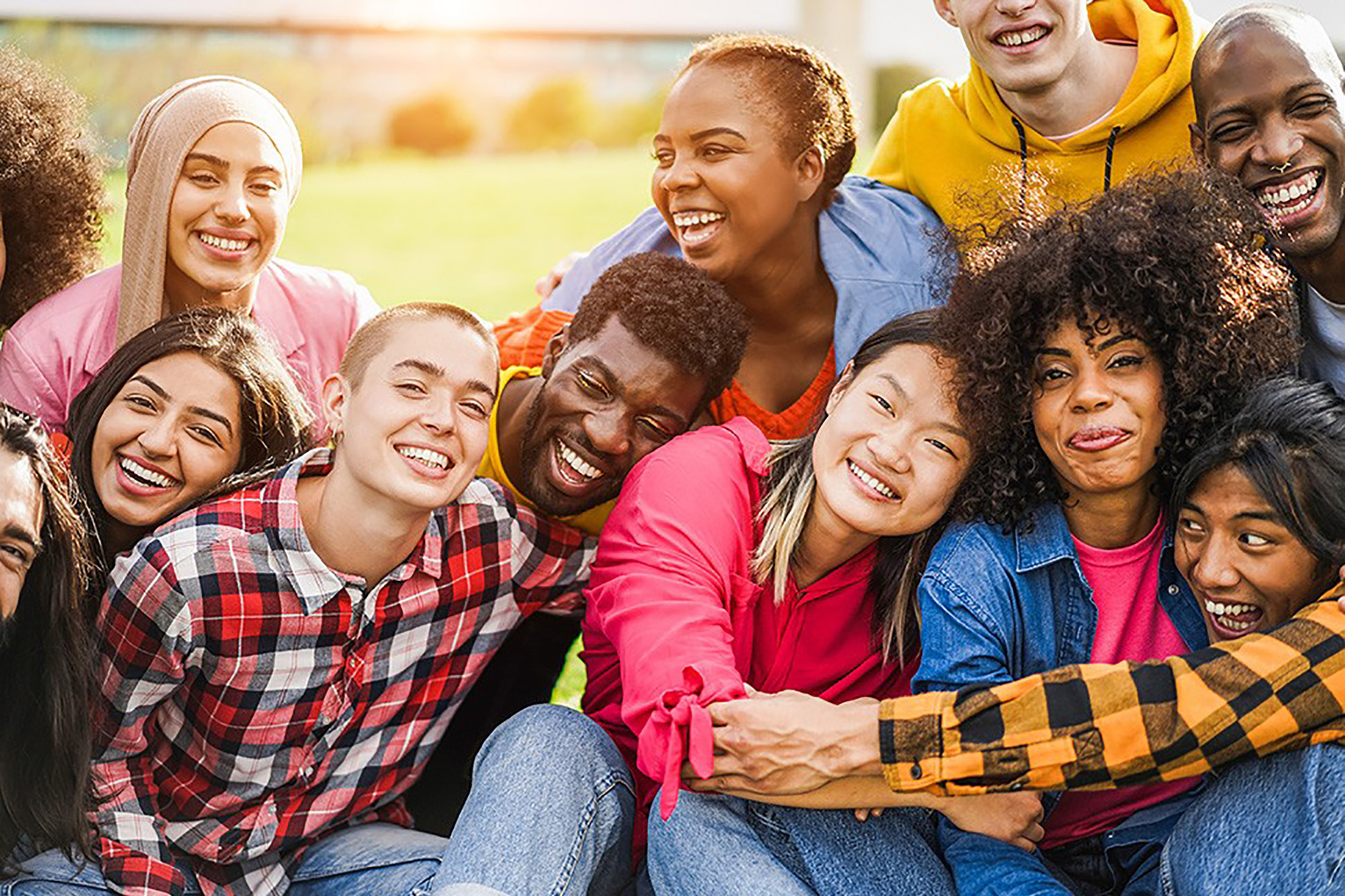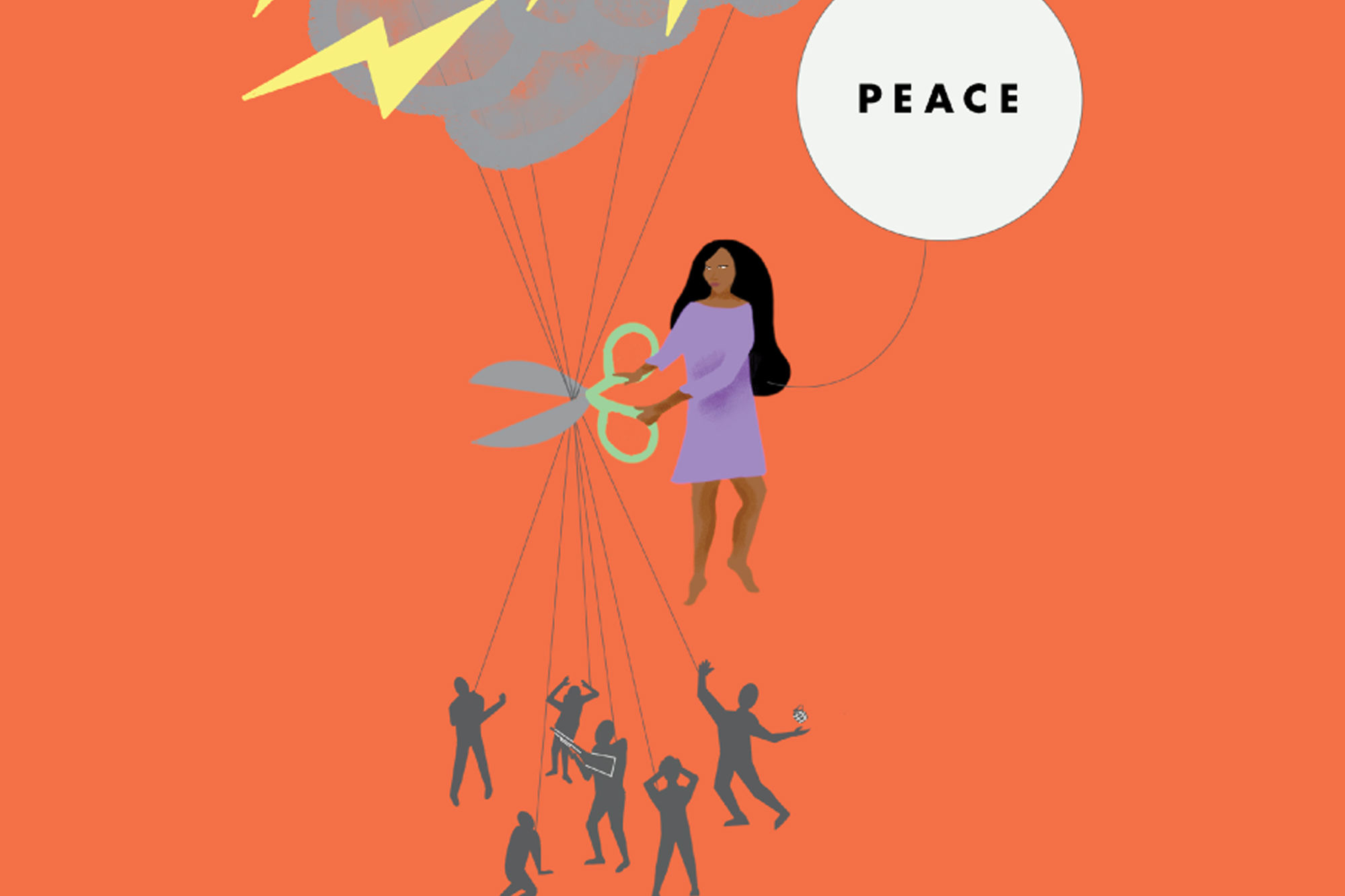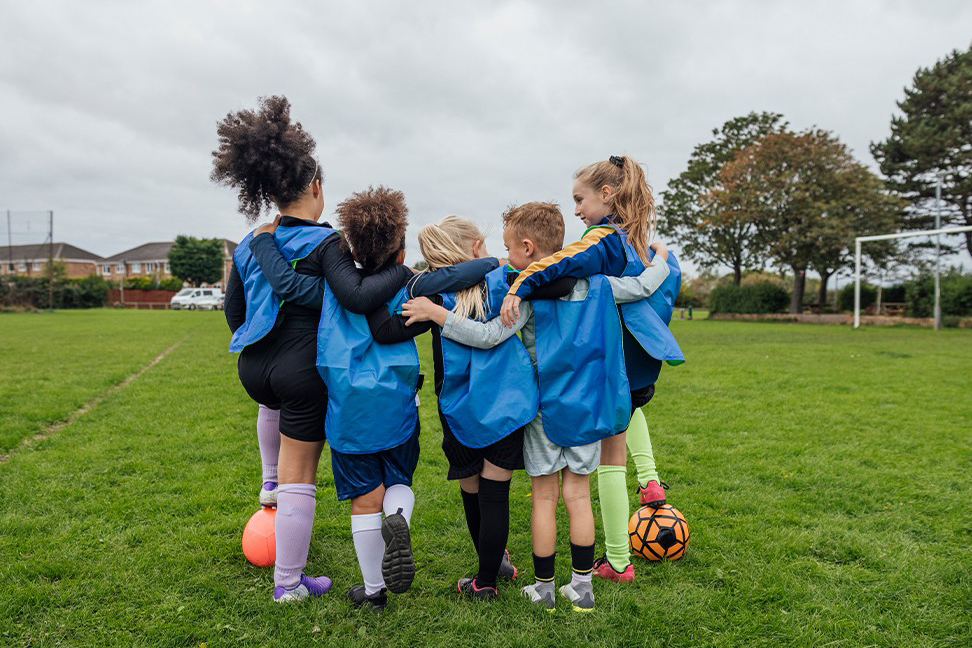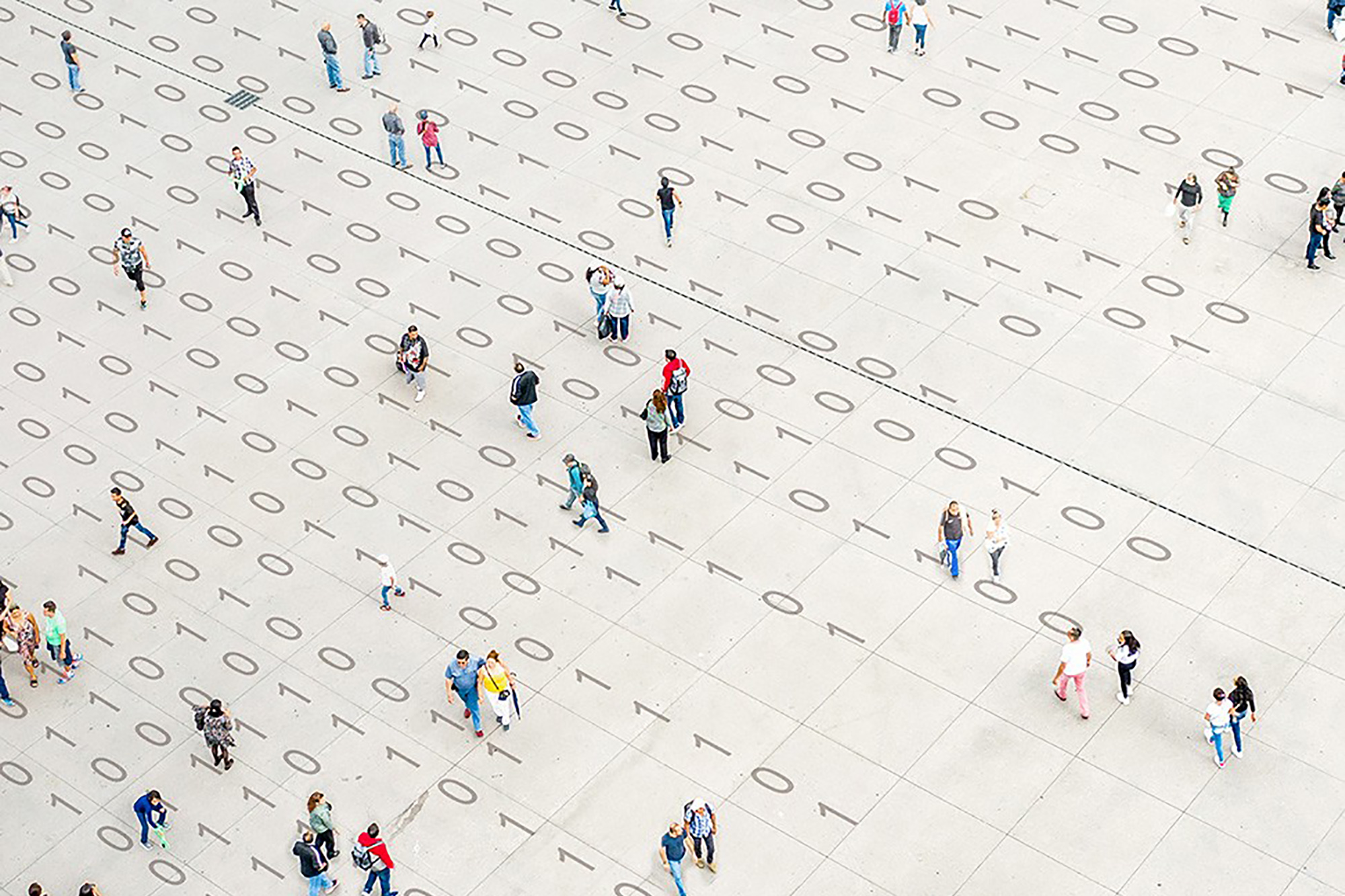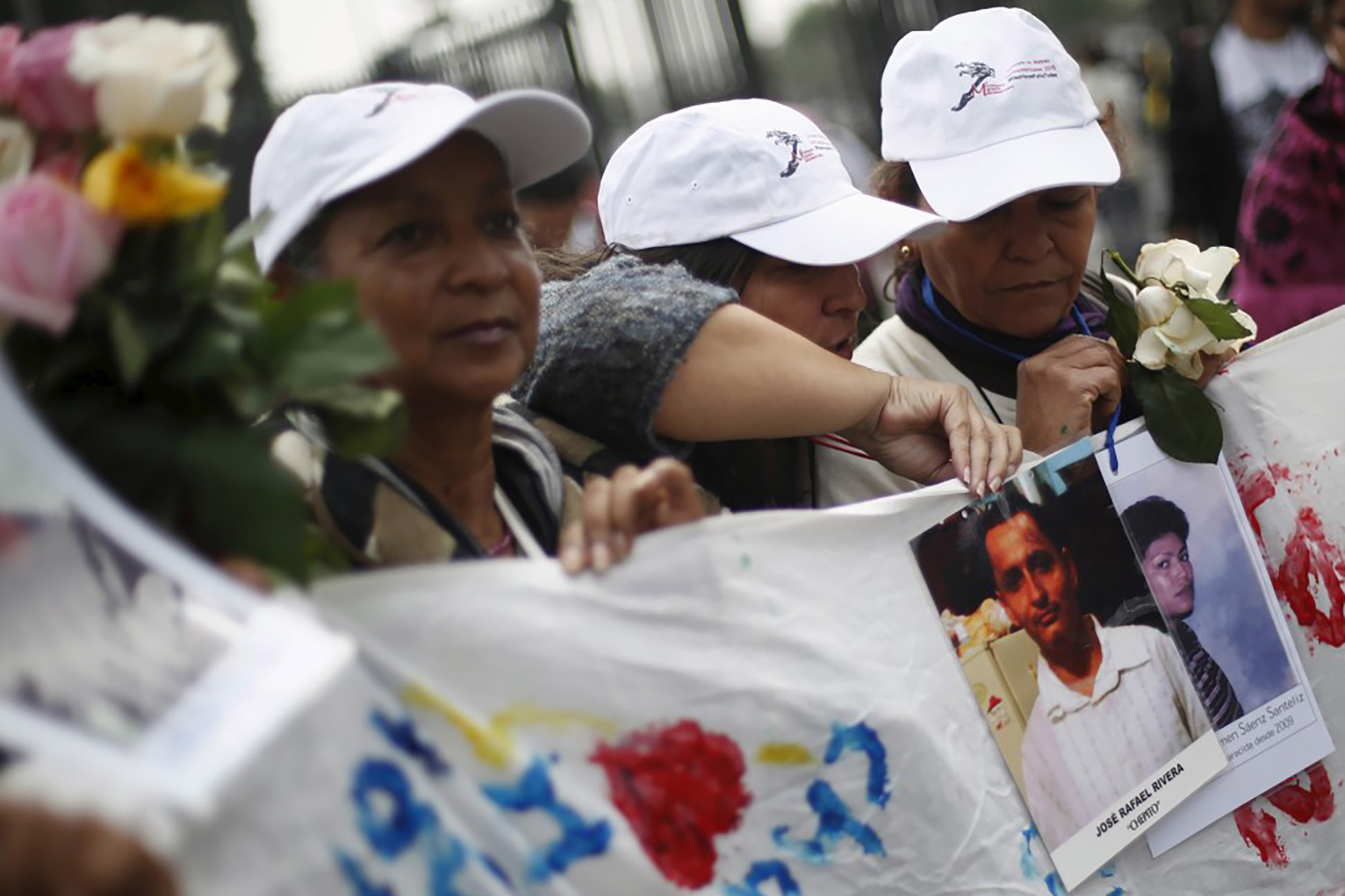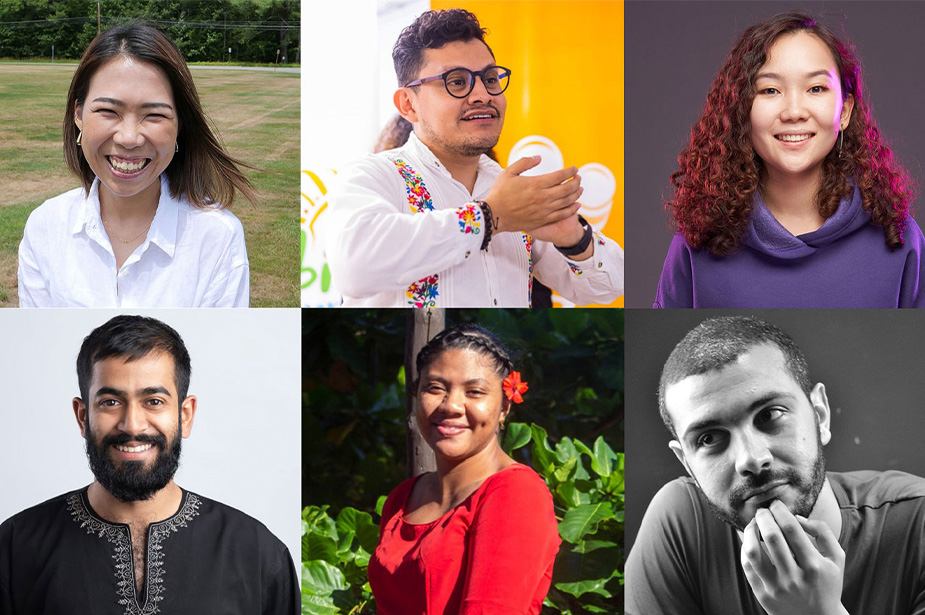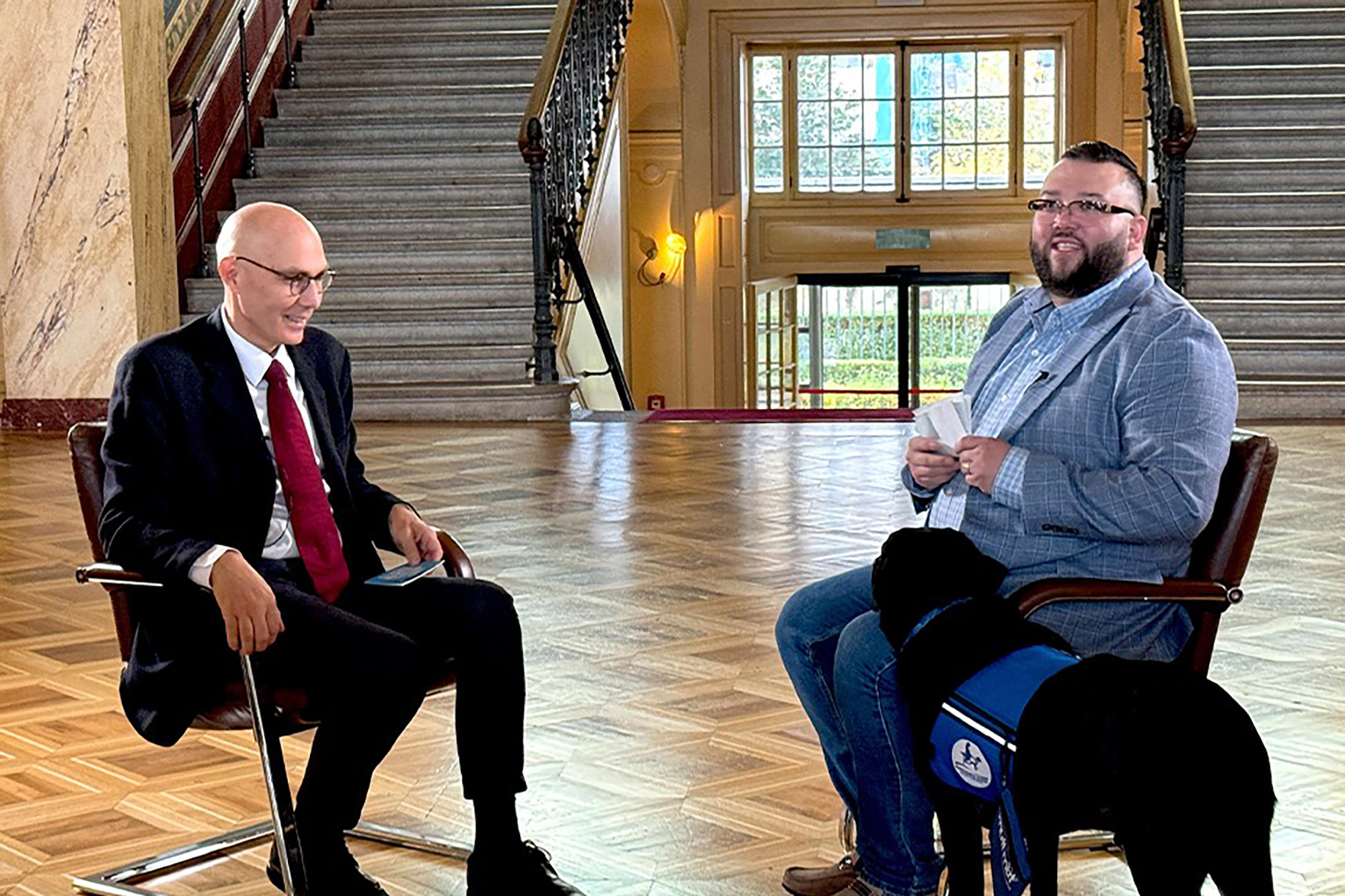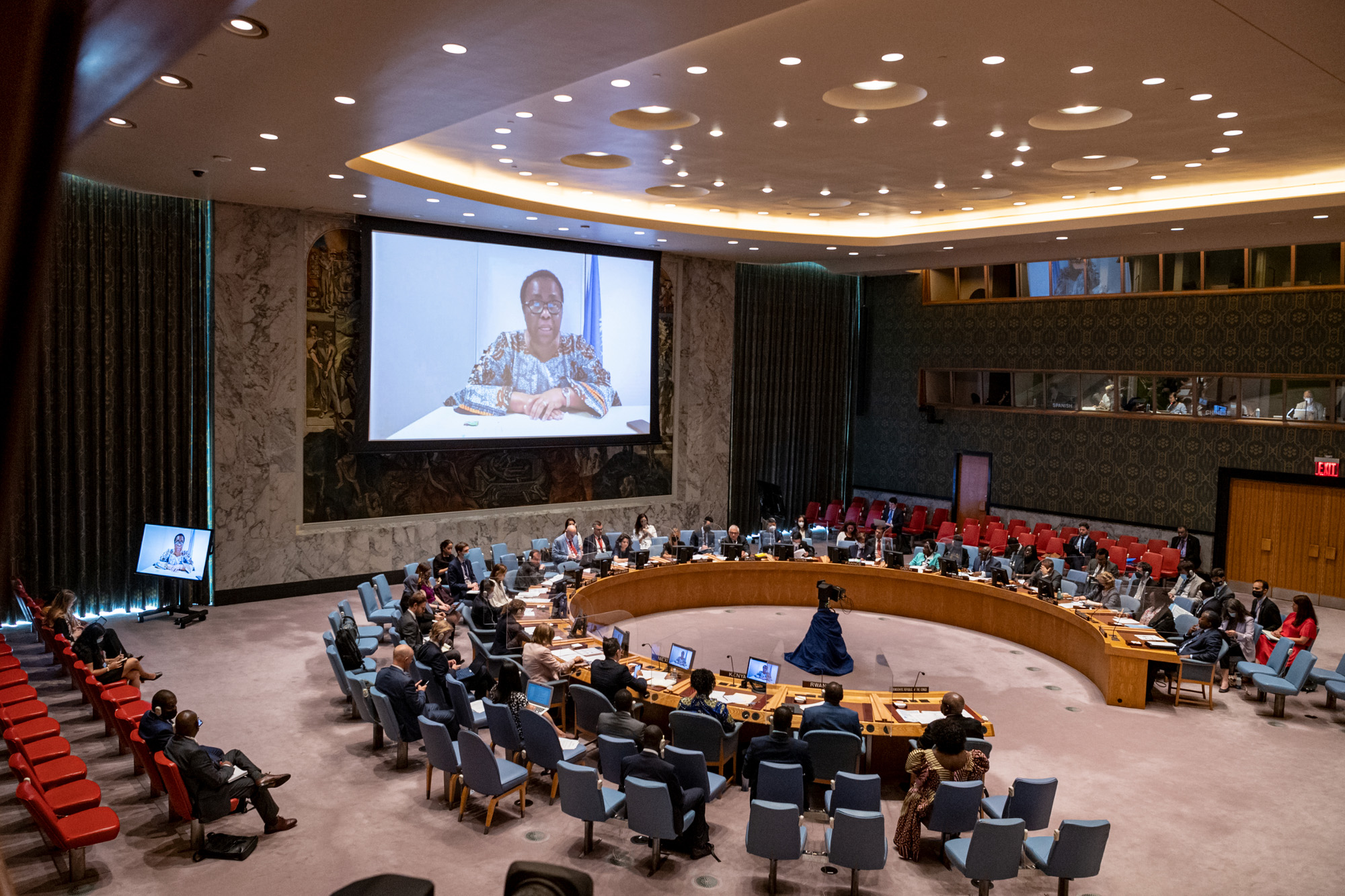Representation is crucial for people of African descent as it shapes racial perceptions and can promote inclusion. In the UN Human Rights Podcast, the Office of the United Nations High Commissioner for Human Rights (OHCHR) explores how popular culture and arts can challenge perceptions and reframe narratives about race, history, and identity. Colombian journalist Edna Liliana Valencia worked as a consultant for Disney's Encanto, helping to portray Colombia's beauty and diversity accurately. Artist Anisha Thai expresses the beauty of diversity through dance and choreography, defying myths about being African and Asian. Human rights lawyer Dominique Day reflects on the first Decade for People of African Descent as an opportunity to focus on racial justice and non-discrimination.
Photo: OHCHR

